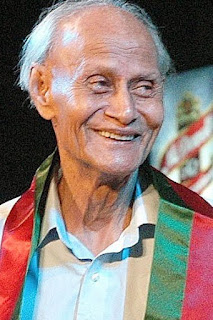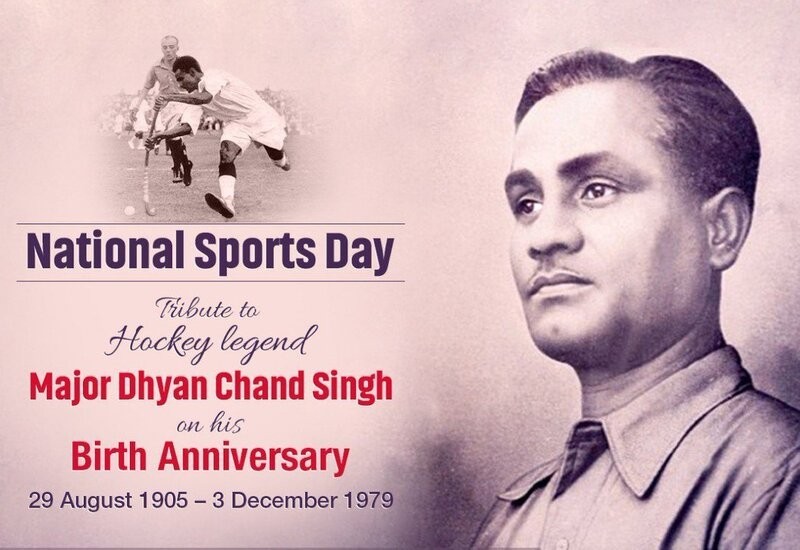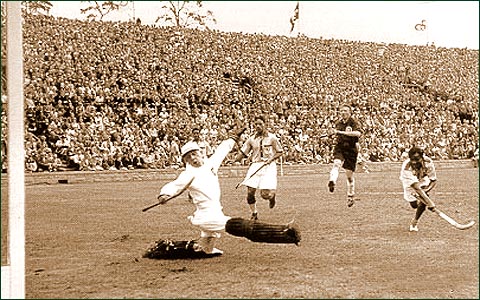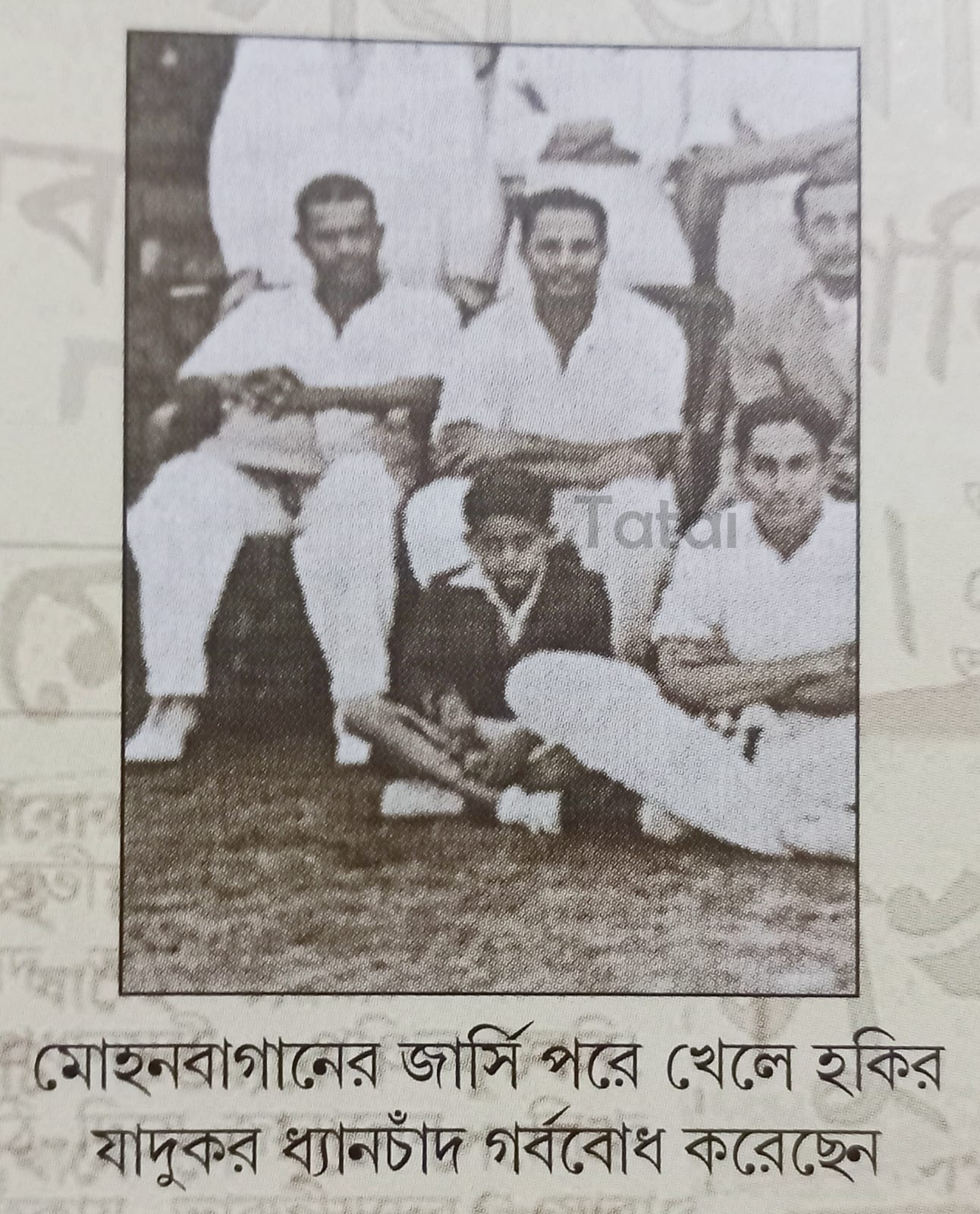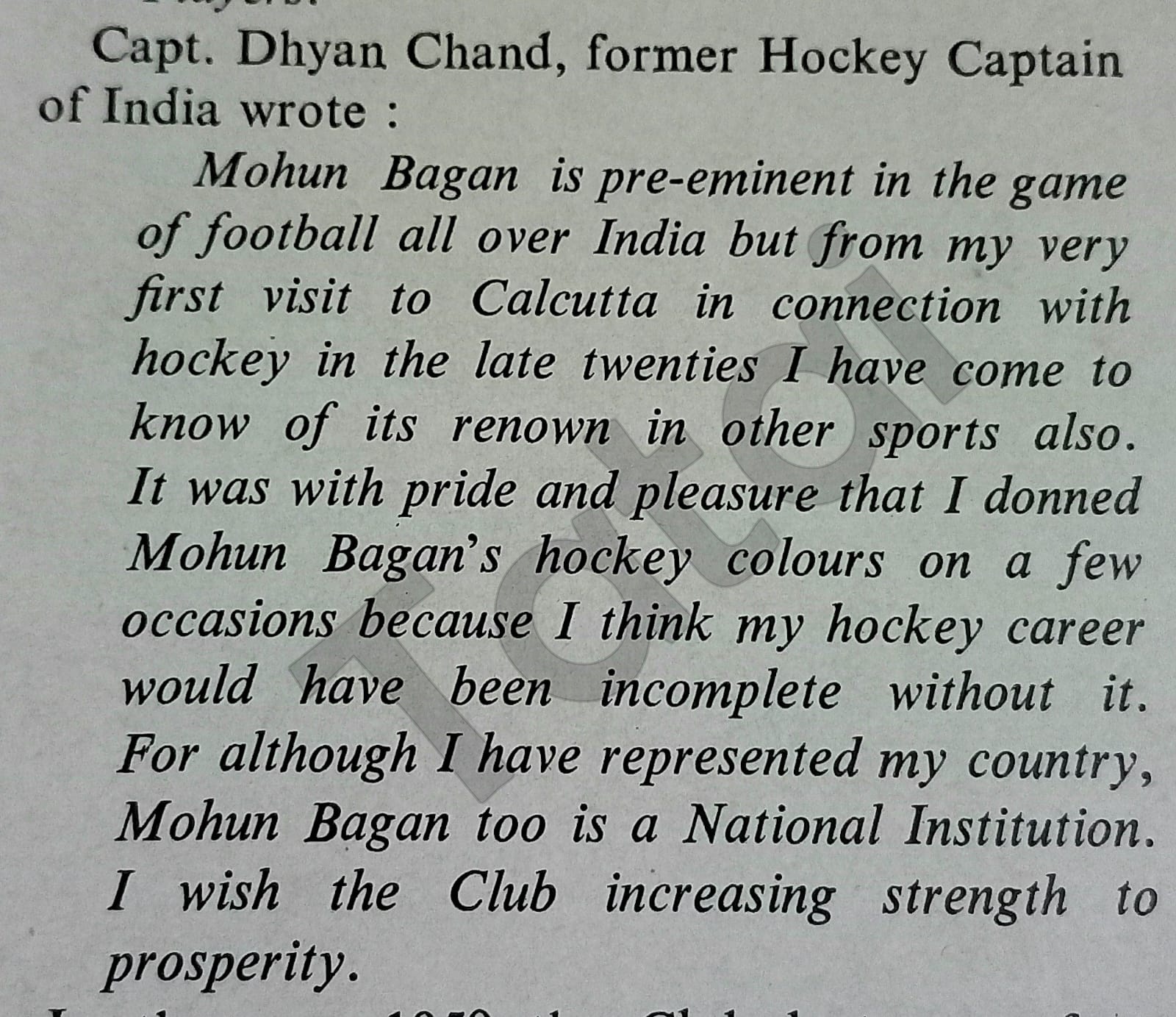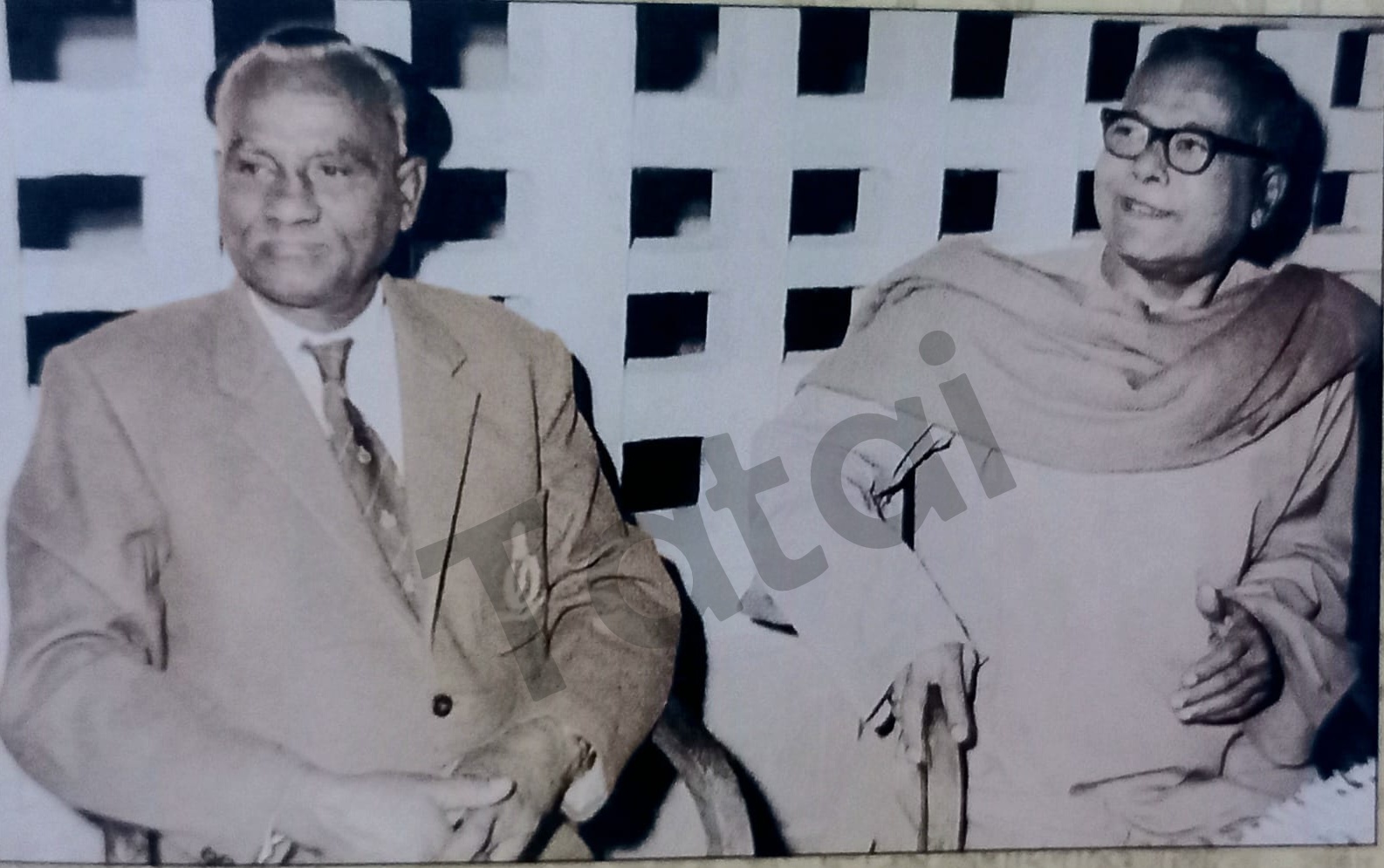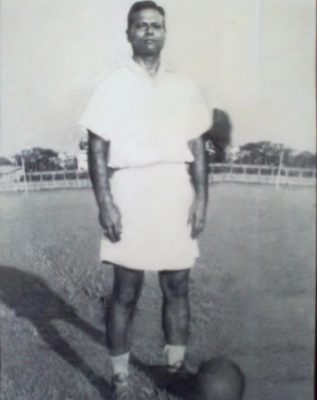Sailendra Nath Manna, better known as Sailen Manna, left Howrah Union in 1942 to join Mohun Bagan Athletic Club and served for an impressive 19 odd years, retiring in 1960. He captained the team for six successive seasons from 1950 to 1955. Remarkably, he never accepted any remuneration from the club, choosing instead to rely solely on his salary from his office Geological Survey of India. It was under his captaincy, Mohun Bagan clinched the first Durand Cup title in 1953 the first Rovers Cup title in 1955. Mohun Bagan and Sailen Manna absolutely became synonymous.
Manna was a crucial member of the Indian Olympics football team thrice 1948, 1952 and 1956. Perhaps, he was skipper of the Indian team at the 1952 Helsinki Olympics. Under Sailen Manna’s captaincy, India won the Gold Medal in the inaugural 1951 Asian Games at New Delhi. He was an indispensable member of the Indian side in 1954 Asian Games too. He was a tough but disciplined defender with great reputation of taking strong free-kicks as well.
In 1953, the England Football Association (FA) rated him among the 10 best skippers of the world in their yearbook. Manna was awarded the Padma Shri in 1971 by the Government of India. He was also awarded the “Footballer of the Millennium” by All India Football Federation (AIFF) in 2000. Sailen Manna was awarded the inaugural “Mohun Bagan Ratna”, the highest honour of the Mohun Bagan AC in 2001. The Drainage Canal Road in his hometown Howrah has been named as Sailen Manna Sarani of late, while the Howrah Maidan is now Sailen Manna Stadium recognising the immortal legend by the West Bengal Government.

